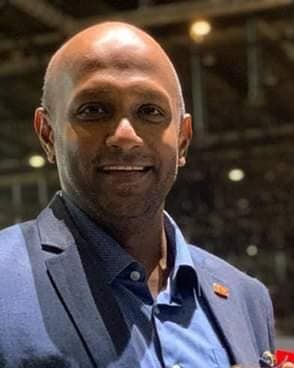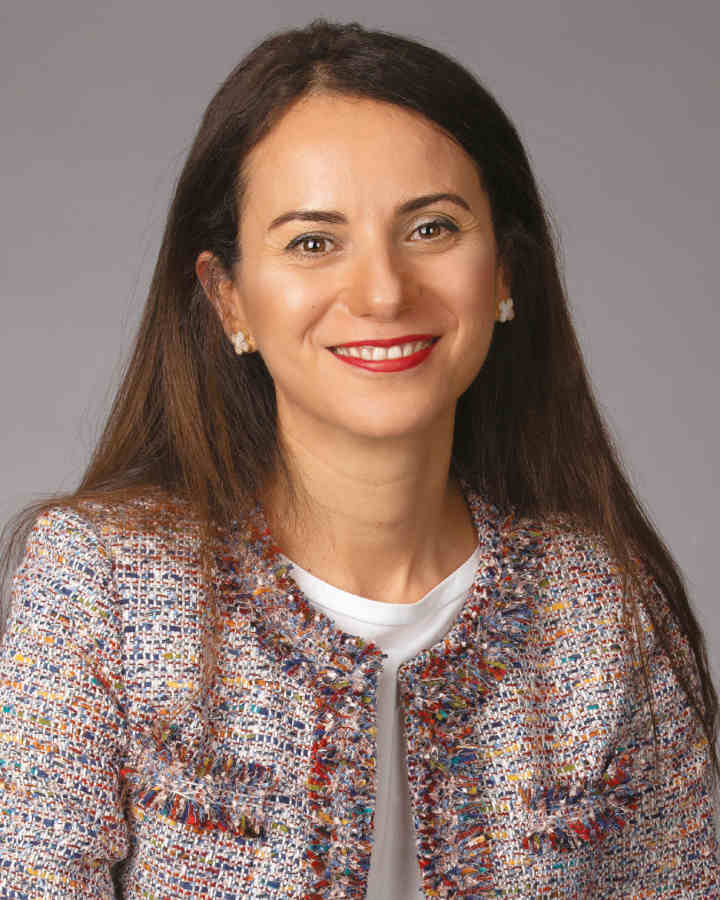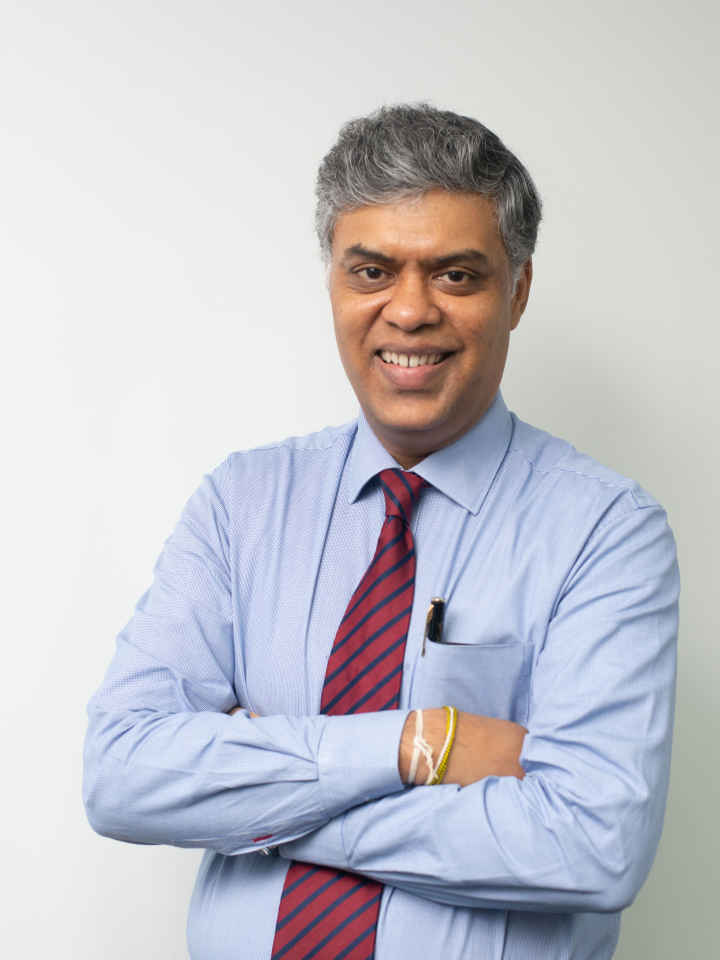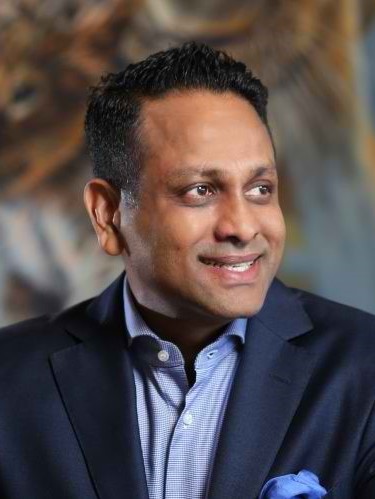interview
Allowing Passion to Be Your Driving Force | Daisy Tanwani
Daisy Tanwani, founder and CEO of Pinklay — an Indian lifestyle brand that offers handcrafted home décor, furnishings, and clothing — tells us right off the bat that it was her love for design and creativity that lead to starting up her own business.

“I’m not a trained designer,” she says. “I am actually a marketer. My background is actually branding and marketing – however, I love design.” From extensive shopping, to styling her friends, to designing her own clothes, Daisy has always kept her passion alive even before creating her own brand.
“Maybe if I had a formal education background in design, I may have done even better, [but] without a degree, I do not have a framework. I don’t have a whole view, or an education view, that I need to fit in. So my canvas is always [blank].” Daisy believes this actually works in her favour, as it allows her a sense of liberation when it comes to creativity. “My intuition is my biggest guiding force,” she adds, “and not having that degree kind of, I think, adds to those qualities.”
The Story Behind Its Creation:
Daisy spent twelve years in the corporate world before launching her own brand, and when asked what gave her that push to pave her own way in the industry, she says, “Whenever I travelled abroad, and I went to these really big establishments and saw these beautiful pieces that I wanted to bring back home, some of the finest pieces had a made-in-India tag.”

Daisy spent a long while wondering why these pieces weren’t made available in India itself, the place where they originated from. And she wanted to change that — she wanted to create accessibility in her own country.
“India is so rich in handcrafts, so rich,” she tells us proudly. “Our handcraft heritage is incredible. And Pinklay is an effort to bring that [to the] forefront.”
Having started off with home décor products, Pinklay eventually extended their line to kids’ wear, before gradually moving into the market for women’s wear as well.
The Meaning Behind the Name:
Had her company not been a lifestyle brand, Daisy would’ve still named the alternative Pinklay. When asked about the name’s symbolism, she breaks it down for us:
“Pinklay is actually made of two words; pink and clay.” The former is a reference to Daisy’s hometown, Jaipur, also widely known as ‘Pink City’. But now that the name Pinklay is being used for a lifestyle brand, it also alludes to the versatility of the colour pink, and how its several shades can be used with regards to designing and patterns.

The latter part of the name, ‘clay’, comes from Daisy’s free-spirit approach to both life and her brand. “I love the form,” she says, “it’s so fluid. You can literally imagine and make anything out of [it].” This single word alone encompasses her belief that there are no restraints in art and creativity, which is where her passion lies.
At the Heart of the Brand:
“Colour is at the heart of our art is a very, very correct statement to make for our brand,” says Daisy.
Pinklay is known for its unapologetic use of colours, skilfully manoeuvring the fine line between tacky and plain so that multiple hues and shades are brought together in the most aesthetically pleasing way. “Everything that we do has colour at the centre of it,” she adds, a fact that becomes obvious when we recall the brand’s name.

The artful use of colour stems from the passion for designing – which is what truly lies at the core of the brand. It is this factor that makes handcrafted products so personal, and therefore sets them apart from machine-made ones. “When you buy handmade, you buy more than a product. You buy a story. What people call imperfection [or variation], I call it love … there’s somebody who’s actually sitting, stroke after stroke, block after block, and it’s almost like writing a love letter. You have a person who’s investing his time, himself, his art, his skill into making handcrafts. It’s incredible.”
According to Daisy, there are no ‘flaws’ in design – only elements that make each piece unique from the other, and all the more beautiful. She also adds, “I’m completely passionate about it and I think because I love it so much, I have been able to sustain this brand so far.”
The Team Working the Magic:
It is easy to assume that everyone Pinklay employs must be of unparalleled skill and years of experience. However, that is not the case. “We actually have so often taken women who know nothing,” Daisy says, “who just know how to do stitching and then gotten them to a place where [they’re] actually tailoring and all of that.” Adapting an environment that encourages on-the-job training, Pinklay has the liberty to employ those at the bare minimum stage, and then let them grow into a better version of themselves.

“We’ve had people who’ve joined us as basic tailors, and now they’re masters, sample makers, which is a more evolved job,” she further adds. “So we don’t have a school or something, everything happens on the job. And that’s my focus. My focus is to provide right infrastructure, right pay, to people internally and outside, to make sure that we have enough gender diversity. I think once we’re able to create this incentive structure, and include more people, and provide more jobs, the training happens. It is generational.”
Not only does Daisy keep her passion alive through her brand, but she has created a workspace in which each of her employees have that same liberty and freedom of creativity, allowing them to use their own passion for designing to produce masterpieces.
Word of Advice to Future Entrepreneurs:
It’s always wonderful to follow our heart — but it’s even better to take our mind with us. And that’s exactly what Daisy has to say to any future entrepreneur dreaming of following their passion.
“You do you. You do your thing, but don’t do it mindlessly,” she says. Daisy also mentions the importance of having a plan and not rushing into things. She also adds, “When you start out your initial phases of building something, you are faced with more failure than you are faced with success … Don’t compare. Do your own thing.”
Being the inspiration that she is, Daisy offers a few more key tips when stepping into the corporate world:
-
- “Entrepreneurship can be very tiring and a lonely journey in the initial stages, so it’s very important to plan how you’re going to fund your life and how you’re going to fund your brand; what you’re building.”
- “Give yourself a time frame and do not chicken out before that time frame. Give your 110% in that time frame to your dream.”
- “Even in success, please set up your own parameters of success,” she says. Daisy tells us that hearing her brand now employs more than 350 artisans makes her proud – and, according to her success meter, it is something that she considers an achievement.
- “And finally, remember why you got into it in the first place. You got into it because you thought you were going to enjoy this.”
- “Entrepreneurship can be very tiring and a lonely journey in the initial stages, so it’s very important to plan how you’re going to fund your life and how you’re going to fund your brand; what you’re building.”
No matter the obstacles that come our way, Daisy stresses on how imperative it is to have faith in what we’re passionate about. She points out that only if we are convinced in what we are doing, can we make others believe in it too.
“Trust your dreams,” she says — before reminding us, “castles are not built overnight.”
















